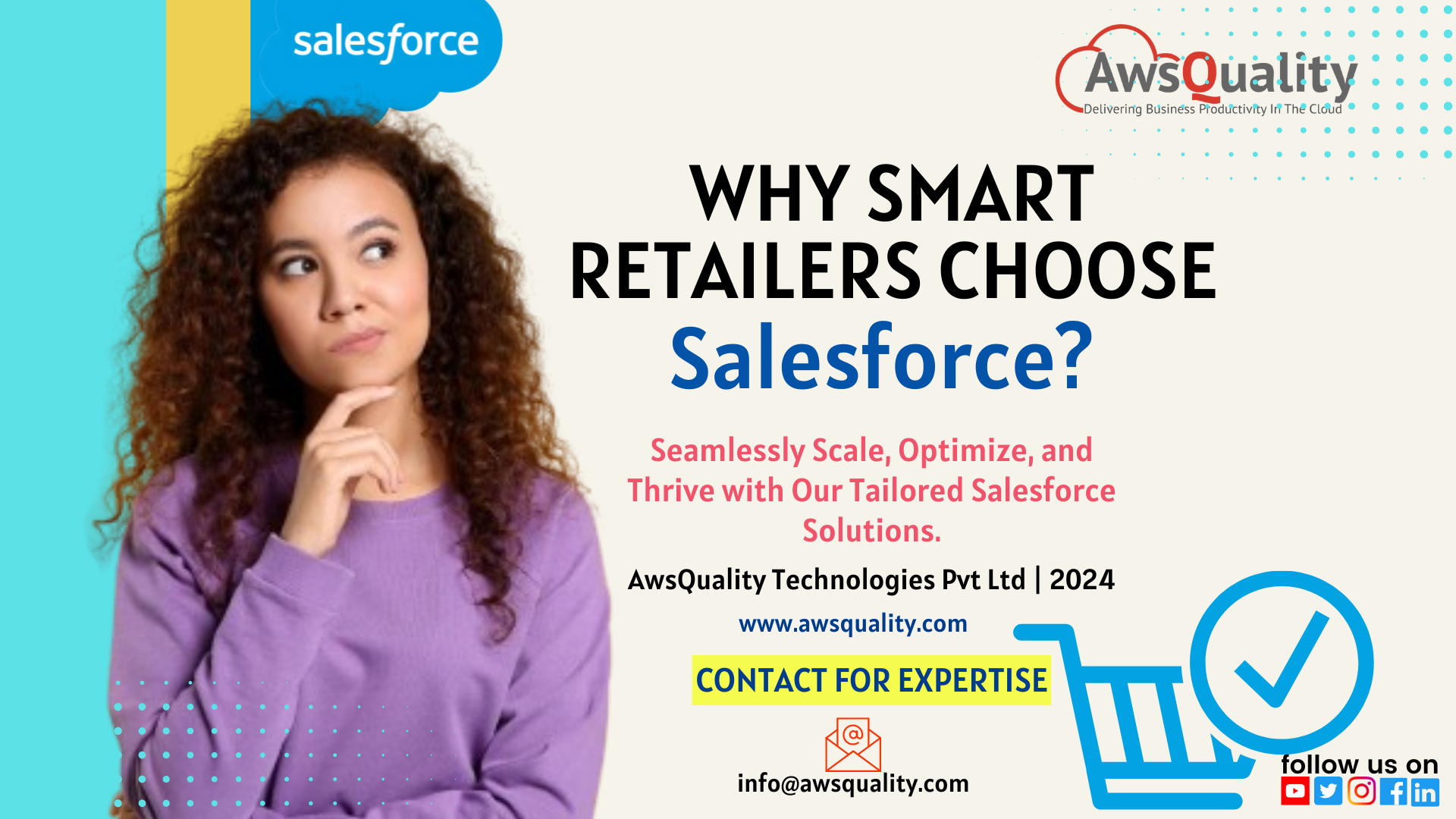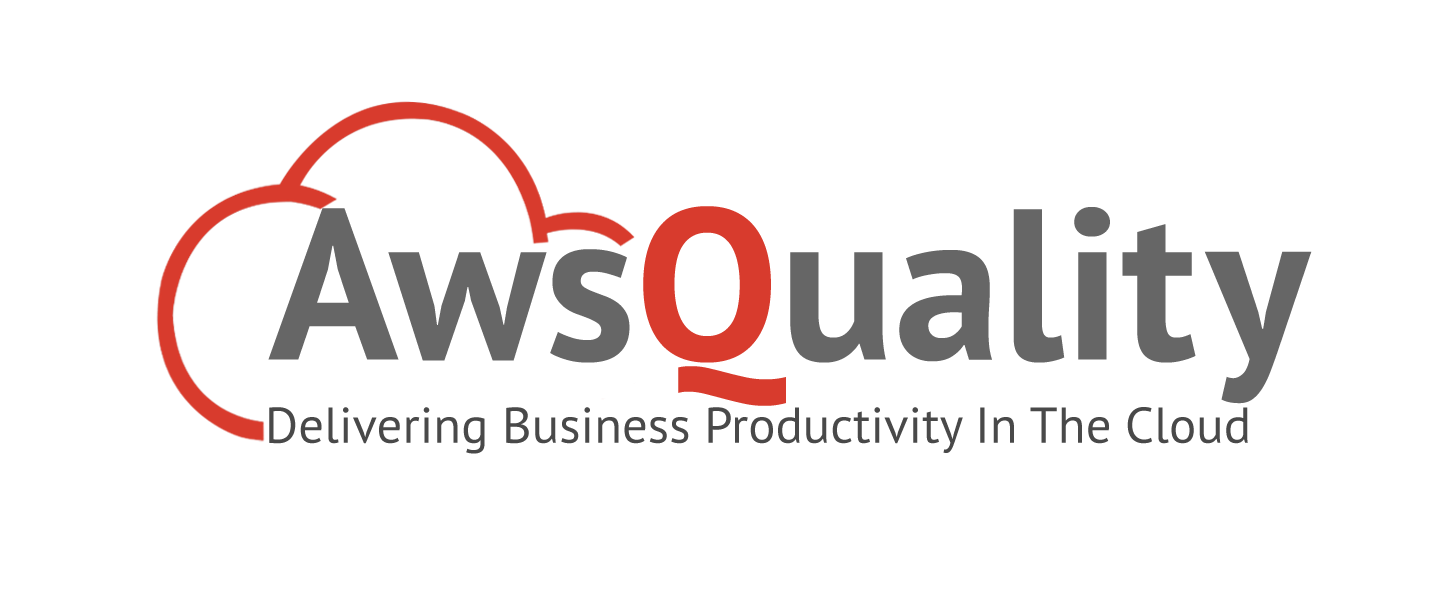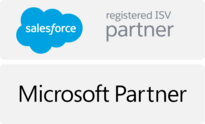
Transform Your Retail Experience with Salesforce Development Services. Reach New Heights with AwsQuality.
For better customer experiences and quick choices based on data analytics, savvy merchants are choosing Salesforce over outdated technologies. As one of the best Salesforce Development Companies, AwsQuality provides customized Salesforce Development Services to enable merchants in the ever-changing retail environment of today.
Many retail businesses have historically relied on legacy systems, but it is becoming more and more clear that these systems have limits. Retailers are looking to contemporary technologies like Salesforce as a means of meeting changing client needs and remaining competitive.
Let’s examine the rationale for astute merchants’ recent change:
-
Optimization of Customer Experience (CX):
- Outdated systems might impede a company’s expansion. Retailers are modernizing their outdated systems to boost productivity, lower IT complexity, and create a data-driven culture in order to combat this.
- Offering a complete customer experience requires modernization. Retailers are aware that their existing technological setup might not be sufficient to fulfill their long-term goals.
- Retailers may streamline their processes and improve the consumer experience overall by implementing tools such as Salesforce.
-
Agile Data Analytics-Based Decision-Making:
- Retailers are still faced with challenges from shifting demand and growing expenses, even though the epidemic has boosted digital innovation in the sector.
- Systems that are outdated might hinder productivity and procedures. For example, it is inefficient to use consumer data for forecasting and planning and then rely on Excel spreadsheets.
- Using advanced data analytics makes decision-making more fluid. Retailers are better equipped to withstand economic downturns when they liberate themselves from the limitations of legacy systems.
-
Getting Out of a technical Stuck:
- Businesses that were once physical and mortar stores frequently find themselves in a technical rut. They cover rigid, antiquated software with layers of contemporary technologies.
- The integration of Salesforce enables merchants to overcome these limitations. It offers a foundation for expansion, scalability, and flexibility.
Astute retailers understand that outdated processes are insufficient. They can modernize their processes, improve client experiences, and maintain their competitiveness in a market that is changing quickly by embracing technologies like Salesforce.
What functionalities does Salesforce specifically provide for retailers?
Salesforce provides a number of functionalities designed to satisfy retailer requirements. Let’s investigate a few of these:
-
CRM stands for customer relationship management:
- With Salesforce’s CRM, merchants can efficiently manage leads, contacts, and accounts by having a full picture of client interactions.
- Retailers may monitor consumer preferences, past purchases, and communication across various media, which allows for more individualized marketing and improved customer support.
-
Cloud Commerce:
- Retailers can construct flawless online buying experiences with the help of Commerce Cloud.
- Product catalogs, shopping carts, checkout procedures, and payment gateway integration are some of the features.
- Within the platform, retailers may manage their inventory, promotions, and customer information.
-
Cloud Services:
- Efficient customer service and issue resolution are made possible by Service Cloud.
- Retailers have several channels (phone, email, chat, social media) through which to handle complaints, returns, and queries.
- Knowledge bases, automatic reactions, and case management are among the features.
-
Cloud Marketing:
- Retailers can better engage customers with tailored advertising thanks to Marketing Cloud.
- Email marketing, analytics, automation, and social media management are among the features.
- Retailers have the ability to tailor content, track campaign results, and segment audiences.
-
Reporting and Analytics:
- Salesforce offers merchants powerful analytics tools.
- Retailers are able to assess marketing efficacy, inventory levels, consumer behavior, and sales data.
- Customized reports and dashboards enable well-informed decision-making.
-
Capabilities for Integration:
- Salesforce easily interfaces with e-commerce platforms, POS (Point of Sale) systems, and ERP (Enterprise Resource Planning) systems.
- Retailers can increase overall efficiency, exchange data, and streamline operations.
-
Mobile Remedies:
- Retailers may obtain essential data while on the road with the help of Salesforce’s mobile applications.
- From their mobile devices, retailers may handle leads, answer questions from customers, and keep an eye on performance.
-
Cloud Community:
- Retailers have the ability to establish branded online communities for their partners, staff, and clients.
- Collaboration tools, information exchange, and discussion forums are among the features.
-
AI-Powered Perceptions:
- Prescriptive and predictive insights are offered by Einstein Analytics.
- Retailers are able to predict customer demand, adjust prices, and spot business expansion prospects.
-
Both Customization and Scalability:
- Retailers may expand as their business expands because to Salesforce’s cloud-based design.
- Options for customization guarantee that the platform complies with certain store requirements.
In today’s competitive industry, Salesforce provides retailers with a comprehensive range of solutions to improve customer experiences, optimize operations, and spur development.
What steps should you take to begin using Salesforce in your retail business?
Here are some initial actions to take if you’re thinking about implementing Salesforce in your retail business:
-
Specify Your Company Objectives:
- Recognize Your Goals: Make sure your goals for your retail firm are clear. Is it higher revenue, improved client support, more efficient operations, or all of the above?
- Determine Crucial Metrics: Ascertain which key performance indicators (KPIs) are most important to your company. These might include turnover of inventory, customer happiness, sales income, and more.
-
Select the Appropriate Salesforce Edition:
- Salesforce has many versions, each designed to meet distinct business requirements. Think about things like your team size, budget, and necessary features.
- A smart option for small retail enterprises is to start with Salesforce CRM. It offers crucial resources for handling sales, marketing, and customer interactions.
-
Register for a Free Trial Here
- Get a free trial of Salesforce to experience it for yourself. This enables you to test features, navigate the platform, and determine how well they meet your company needs.
- Concentrate on topics like lead management, customer communication, and reporting that are pertinent to your retail operations throughout the trial.
-
Personalize Your Salesforce For example:
- Adapt Salesforce to your requirements. Configure custom fields, rules for automation, and processes.
- Import Data: Transfer current customer information into Salesforce. This contains your contact details, your purchasing history, and any other pertinent data.
-
Learn the Fundamentals:
Discover the Fundamentals:
- Recognize how to establish and maintain accounts, contacts, and leads.
- Learn how to utilize the search function, navigation, and user interface.
Fundamentals of Sales Cloud:
- Examine functions such as pipeline tracking, forecasting, and opportunity management.
- Discover how to make and manage transactions.
Basics of Service Cloud:
- Investigate Service Cloud if you deal with customer service or questions. Acquire the skills necessary to handle situations, answer questions, and deliver effective assistance.
-
Connect with Other Systems:
- Integrate Salesforce with your current toolkit. Operational efficiency depends on integration.
- Think about combining with:
- Point of Sale (POS) platforms for up-to-date sales information.
- Tools for inventory management to track stocks accurately.
- platforms for online sales via e-commerce.
-
Educate Your Group:
Make an investment in your team members’ training. Make sure they know how to utilize Salesforce efficiently.
Offer materials such as instruction manuals, guides, and practical experience.
-
Launch Salesforce:
- Start utilizing Salesforce for regular tasks:
- Keep a record of your communications with clients.
- Keep an eye on sales prospects.
- Using reports and dashboards, keep an eye on performance.
-
Examine the Advanced Features:
- Once you’re at ease with the fundamentals, go further sophisticated characteristics
- Marketing Cloud: Design focused advertising efforts.
- Analytics: Find insights by analyzing data.
- Mobile Solutions: Get mobile access to Salesforce.
-
Keep Up with:
- Salesforce updates and improves its product frequently. Pay attention to updates and new features.
- Participate in the Salesforce community, read blogs, and attend webinars.
Never forget that Salesforce is an effective tool that may completely change your retail company. Proceed cautiously, pick up knowledge along the way, and modify Salesforce to suit your unique requirements. I hope your shopping adventure goes well!
Summary,
In the ever-changing business environment of 2024, merchants are turning to Salesforce Development Company for cutting-edge solutions. They can take advantage of agile analytics, improve customer experiences, and spur development in a quickly changing digital landscape with Salesforce Development Services. Examine Salesforce’s transformational potential to succeed in the cutthroat retail market of today.
Contact AwsQuality to learn more about our customized Salesforce solutions.




